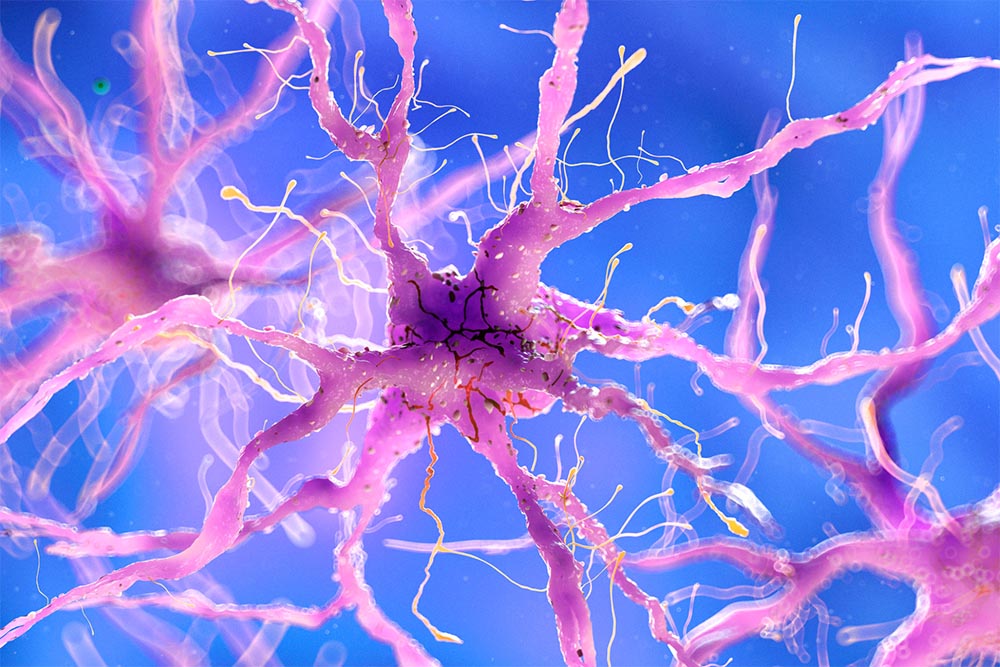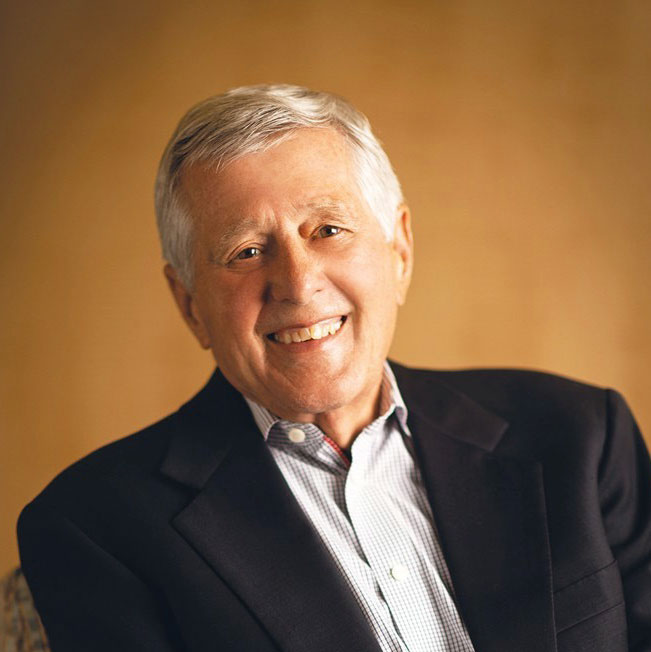Let’s start with background on biology, chemistry and drugs.
We are all chemical engines. So, what exactly is a chemical? Chemicals are anything that occupies space in the universe and exist in either a solid, liquid, or gas form – matter! Chemicals within living organisms are considered biochemicals and are organized into chemical networks (an integrated chemical process that establishes life and the maintenance of homeostasis). Homeostasis is simply a scientific term that means maintenance of the status quo. So, a healthy living organism must respond to its environment and manage different threats. The systems that are designed to ensure that the cell remains healthy are called homeostasis. Drugs are also chemicals. Drugs enter an organism and make their way through biological systems to interact with many chemicals. Sometimes those interactions lead to changes in the chemicals with which the drugs interact, altering one’s physiology or psychology. One must have a keen understanding of basic scientific terminology, these chemical networks, and biological systems to create drugs and use them to make a difference in all patient populations. Ready? Let’s get started.
On This Episode We Discuss:
- What is a chemical?
- What is a drug?
- How do chemical reactions occur?
- Biochemicals within organisms
- Cells – the basic unit of life
- Types of polymers
- The languages of life – nucleic acids and protein language
- DNA and RNA
- A change in the structure of a gene – mutations
- Beneficial and harmful gene mutations
Watch on YouTube:
Download Slides:
For more information on the covered topics or to follow along with this Intro to Medical Science episode, download the supporting slide deck.
Terms used in this episode:
For definitions of terms, search our glossary.
The host of the show is Dr. Stanley Crooke, a scientist, a physician, an entrepreneur and the father of antisense technology. Dr. Crooke is responsible for driving the development of antisense or ASO technology, an RNA-targeted technology responsible for the commercialization of three best- and first-in class medicines and more than 40 drugs in development. In 2020, Stan formed n-Lorem to use this powerful technology to develop experimental personalized ASO medicines for nano-rare patients (1 to 30 patients worldwide) for free, for life.
Credits
Hosted by: Dr. Stan Crooke.
Videographer: Jon Magnuson of Mighty One Productions.
Producers: Kim Butler, Colin Delaney, Kira Dineen, Jon Magnuson, Andrew Serrano and Amy Williford
More from n-Lorem:
See what else we are up to on Twitter, Instagram, Facebook, LinkedIn, YouTube and our website, nlorem.org. If you enjoy this episode, please rate and review us, as it helps others find our podcast. Questions/inquiries can be sent to [email protected].
Listen to our next Intro to Medical Science episode

We cannot do
this alone
Together we are changing the world—
one patient at a time
We hope that you join us on this journey to discover, develop and provide individualized antisense medicines for free for life for nano-rare patients. The ultimate personalized medicine approach – for free, for life.
Follow us on social for updates on our latest efforts




